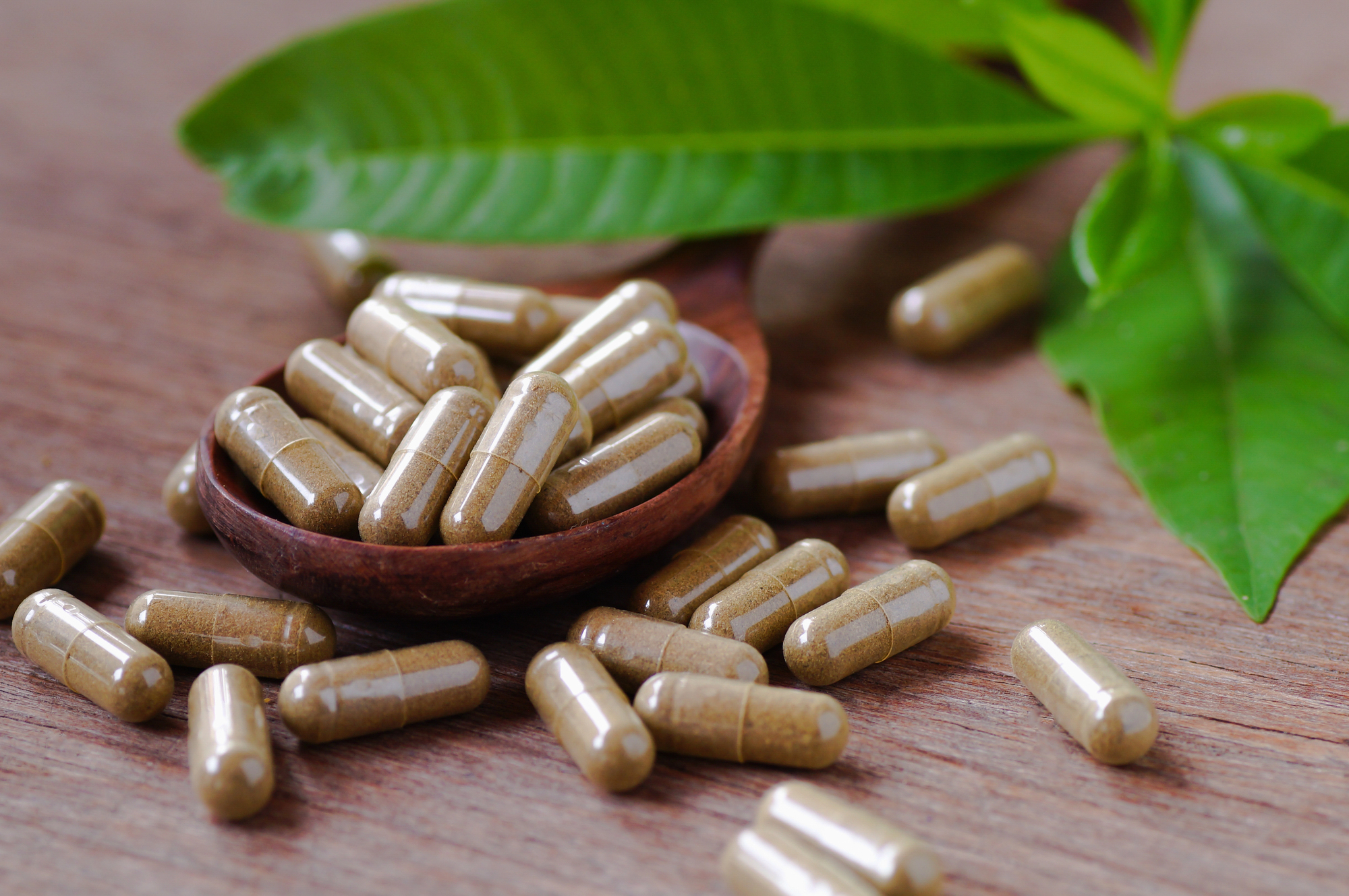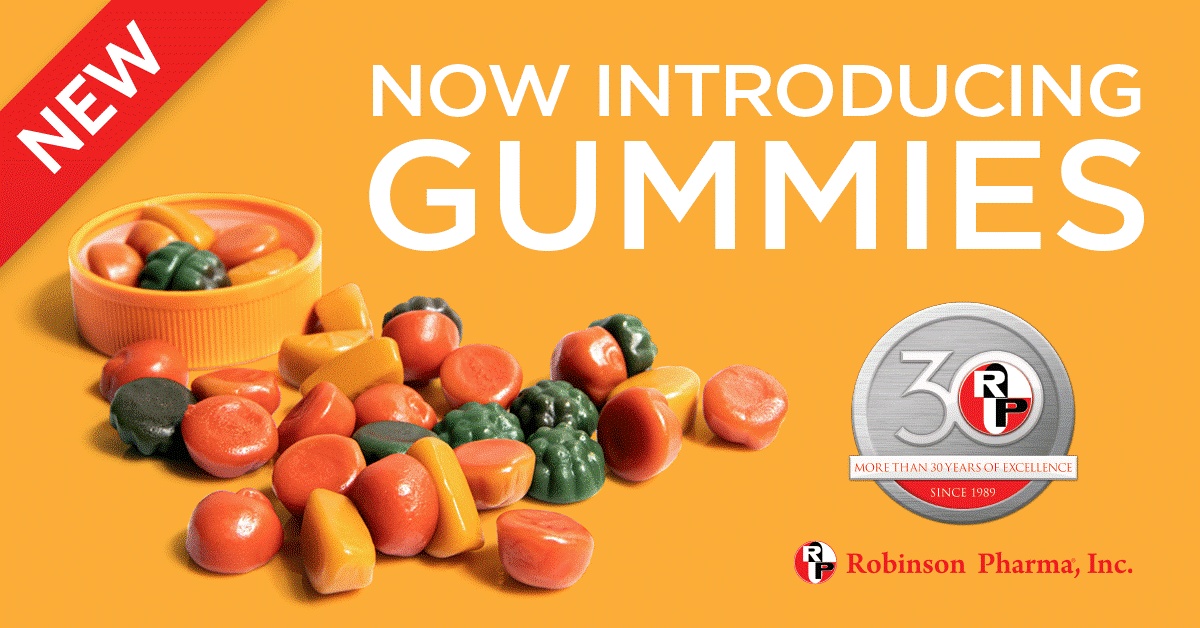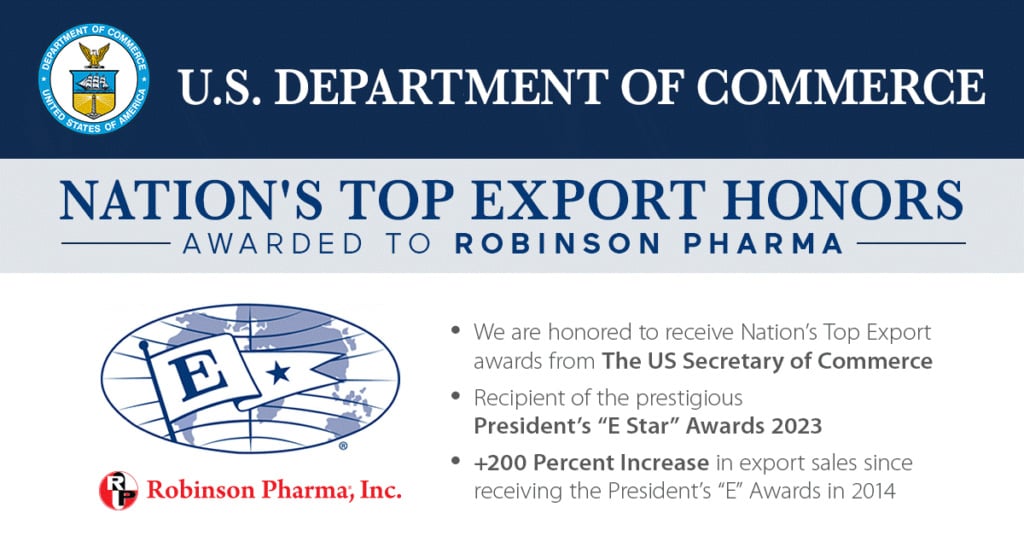Vegetable capsules have become popular among consumers, especially those seeking plant-based alternatives to traditional gelatin capsules. Whether vegan, vegetarian, or simply looking for a cleaner option, vegetable capsules provide an excellent solution.
In this article, we’ll explore the science behind these capsules, their ingredients, manufacturing process, benefits, and comparisons to gelatin capsules.
Key Takeaways
- Vegetable capsules are made from plant-based materials, making them suitable for vegans and vegetarians.
- They offer benefits such as being tasteless, odorless, and chemical-free.
- Understanding the differences between vegetable and gelatin capsules can help you make informed decisions about your supplements.
What is a Vegetable Capsule?
A vegetable capsule is a plant-based shell that encases dietary supplements, vitamins, or medications. Unlike traditional gelatin capsules derived from animal products, vegetable capsules are 100% vegan and often preferred by those avoiding animal by-products.
What is a Vegetable Capsule Made Of?
Vegetable capsules are typically composed of plant-based materials, making them popular for those seeking alternatives to animal-derived products. The primary component used is hypromellose (HPMC), derived from cellulose, a natural fiber in plants like trees. These capsules are free from animal by-products, making them suitable for vegans and vegetarians.
Source Material
HPMC is often sourced from non-GMO plant fibers, typically from trees such as pine and spruce. This ensures that the capsules are both sustainable and eco-friendly. According to studies, HPMC is considered safe and widely used in the pharmaceutical industry due to its biocompatibility and low toxicity.
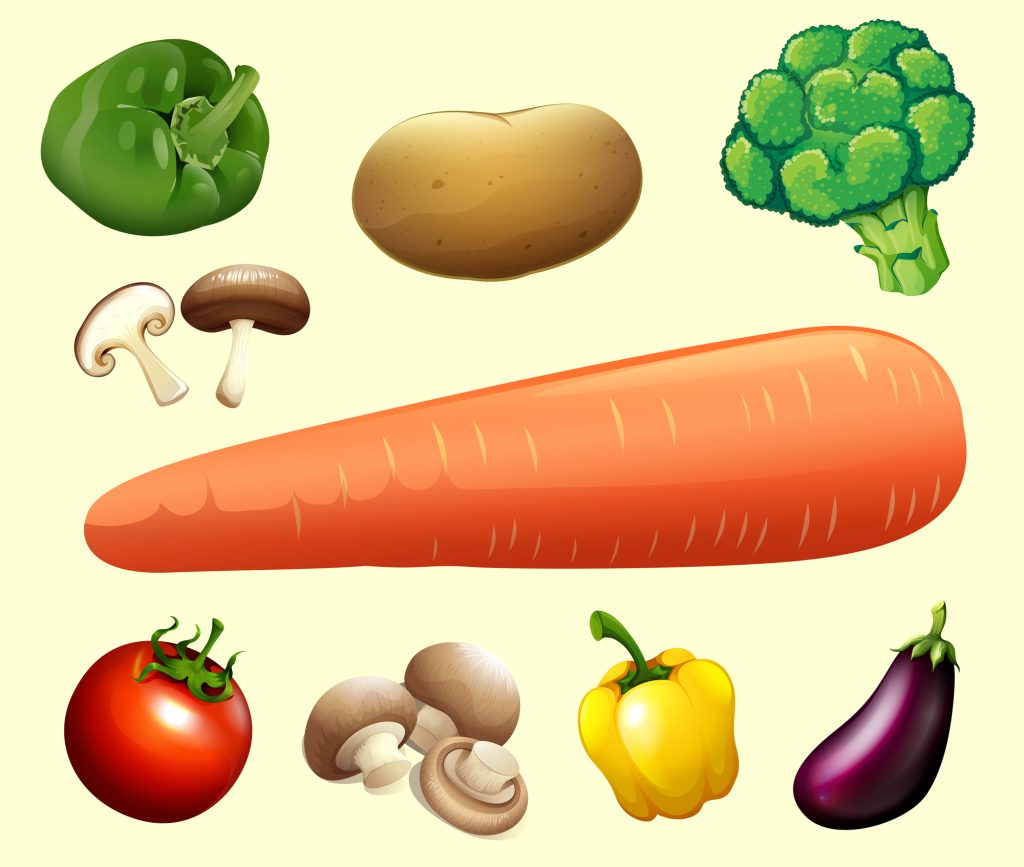
Manufacturing Process
The manufacturing process for vegetable capsules involves several key steps:
- Cellulose extraction: The plant cellulose is dissolved in water, forming a thick gel.
- Shaping: The gel is molded into capsule forms.
- Drying: After shaping, the capsules are dried to solidify and retain their shape.
The production method ensures that the capsules are stable, durable, and capable of preserving their ingredients without harsh chemicals. Vegetable capsules maintain their integrity better in high-temperature environments compared to gelatin capsules.
While HPMC is the main ingredient, some vegetable capsules may contain small amounts of:
- Natural colorants: These are derived from plants or minerals to give the capsules a more appealing look.
- Preservatives: Although these are typically minimal, they help extend the product’s shelf life and ensure safety over time.
Vegetable capsules ingredients are usually non-toxic and carefully chosen to ensure the capsules remain safe and free from harmful additives.
What are the Benefits of Vegetable Capsules?
Vegetable capsules have become a preferred choice for many consumers, offering several advantages over traditional gelatin capsules. Below, we explore some key benefits that make them stand out.
Vegan/Vegetarian Friendly
One of the most significant benefits of vegetable capsules is that they are made from plant-derived materials, such as HPMC (hydroxypropyl methylcellulose), which is sourced from non-GMO plants. This makes them ideal for people following vegan or vegetarian diets, ensuring they don’t consume animal by-products.
“HPMC is suitable for people with dietary restrictions, as it is entirely plant-based and contains no animal-derived ingredients”.
Tasteless and Odor-Free
Another advantage of vegetable capsules is their neutral taste and smell. Unlike some capsules, which can have an unpleasant odor or taste due to the use of gelatin, vegetable capsules are completely tasteless and odor-free, making them more appealing to consumers.
Higher Stability
Vegetable capsules are known for their higher stability compared to gelatin capsules. They are less prone to degradation in high temperatures or humid environments, making them more suitable for various climates.
- Heat-resistant: Unlike gelatin, which softens at lower temperatures, they can withstand higher temperatures without melting.
- Longer shelf life: The stability of HPMC also ensures that the capsules maintain their structure over time, preventing premature breakdown.
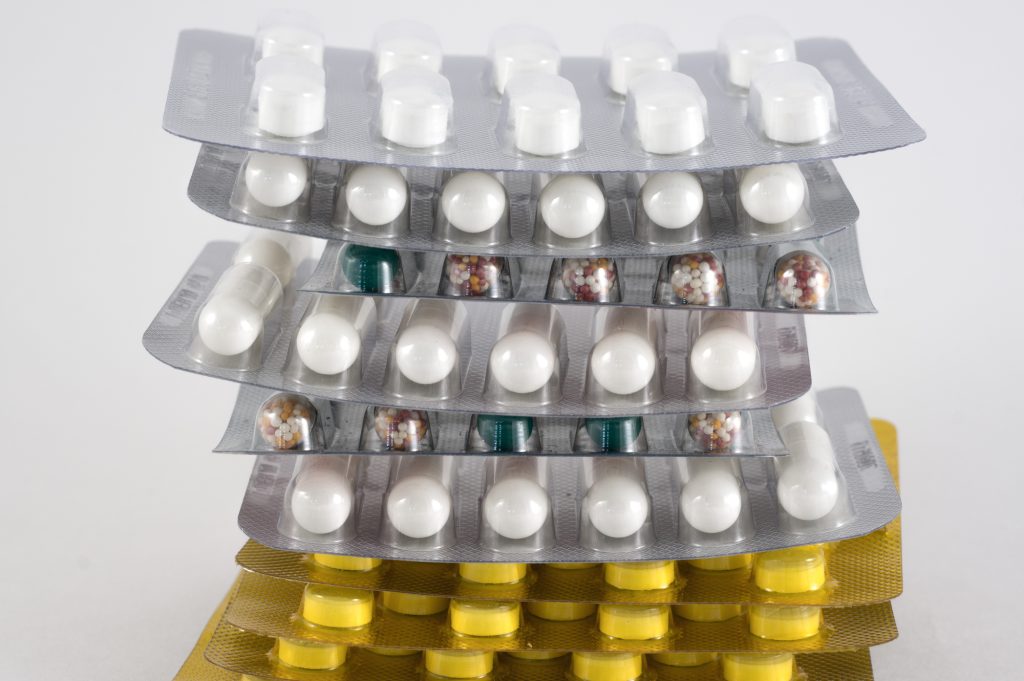
Chemical-Free
One of the primary reasons consumers choose vegetable capsules is that they are produced without the use of harsh chemicals. The absence of preservatives, allergens, or artificial ingredients ensures that they are a cleaner and safer option for health-conscious individuals.
Pros and Cons of Vegetable Capsules
Vegetable capsules offer a variety of benefits, but there are also some downsides to consider. Below is a comparison of the pros and cons, with further explanation and references.
Pros of Vegetable Capsules
- Suitable for all dietary preferences: Vegan, vegetarian, and those with dietary restrictions can consume them.
- Chemical-free: They’re free from preservatives and artificial additives.
- High stability: They maintain integrity under a variety of storage conditions.
Cons of Vegetable Capsules
- Cost: Vegetable capsules tend to be slightly more expensive than gelatin-based ones.
- Limited availability: Some products may not be available in vegetable capsule form.

Vegetable Capsules vs. Gelatin Capsules
Similarities of Vegetable Capsules and Gelatin Capsules
- Purpose: Both vegetable and gelatin capsules serve the same purpose — to encapsulate supplements or medications in a form that is easy to swallow and digest.
- Efficiency: Both capsules dissolve quickly in the stomach, ensuring the body absorbs the active ingredients efficiently.
“Capsules, regardless of their material, are designed to disintegrate rapidly in the digestive system, allowing for quick and effective delivery of the supplement’s active components”.
Differences of Vegetable Capsules and Gelatin Capsules
| Vegetable Capsules | Gelatin Capsules |
| Plant-based: Made from plant-derived materials like HPMC (hydroxypropyl methylcellulose), a non-toxic substance sourced from plant fibers. This makes them suitable for vegans and vegetarians. | Animal-based: Made from gelatin, which is derived from animal products, typically bovine (cow) or porcine (pig) sources. This limits their use for those with dietary restrictions or ethical concerns. |
| Dietary Flexibility: Perfect for individuals with dietary restrictions, as they are free from any animal-derived ingredients. | More Affordable: Gelatin capsules are often cheaper to produce, making them a more economical option. |
| Chemical-free: Produced without the use of harsh chemicals or additives, making them a cleaner choice for health-conscious consumers. | Stability Issues: Gelatin capsules are sensitive to heat and humidity, and may melt or degrade in unfavorable storage conditions. |
| Higher Stability: They are more stable in extreme temperatures and humidity, ensuring longer shelf life. | Faster Dissolution: Gelatin capsules tend to dissolve slightly faster in the stomach than vegetable capsules, providing quicker absorption of the ingredients. |
Comparison table of Vegetable Capsules and Gelatin Capsules
Key Differences to Consider
- Sustainability: Vegetable capsules are more environmentally friendly because they are sourced from renewable plant materials like pine and spruce trees. In contrast, gelatin capsules are made from animal by-products, which may not align with ethical or sustainability goals.
- Dietary Restrictions: Gelatin capsules are not suitable for people following vegan or vegetarian diets due to their animal-based ingredients. In contrast, vegetable capsules are fully plant-based, making them ideal for people with dietary or ethical concerns.
Vegetable Hard-Shelled vs. Soft-Shelled Capsules
When choosing between vegetable hard-shelled and soft-shelled capsules, the decision often depends on the type of supplement or medication being encapsulated. Both types are derived from plant-based materials, but they differ in their structure and what they can carry.
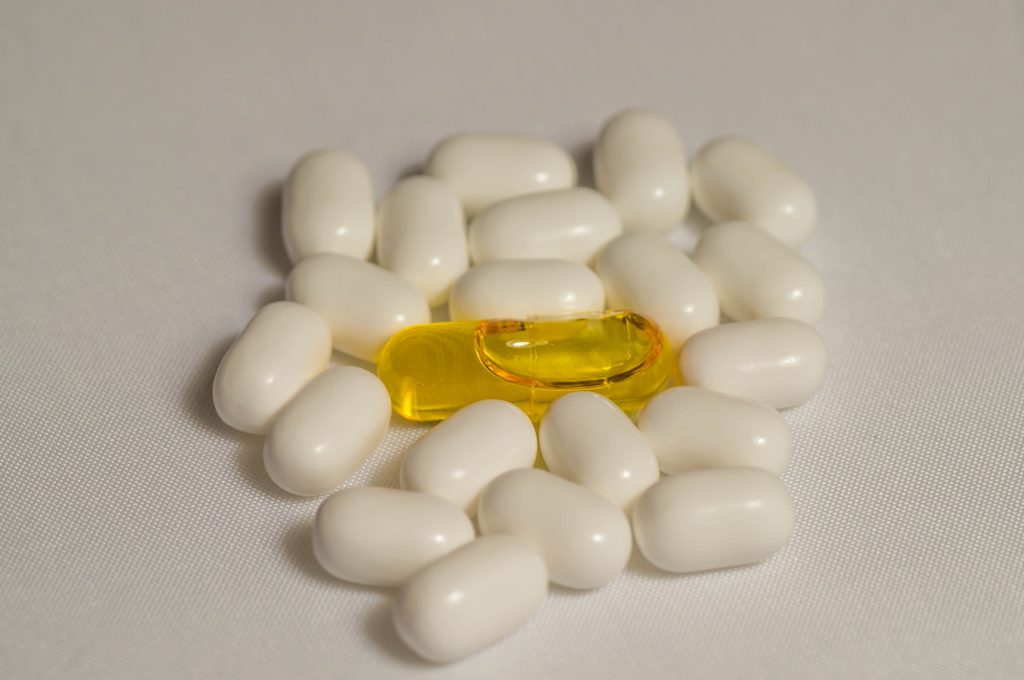
Similarities of Vegetable Hard-Shelled vs. Soft-Shelled Capsules
- Plant-Based Origins: Both capsules are made from plant-derived materials, such as HPMC (hydroxypropyl methylcellulose), sourced from cellulose in plants like pine or spruce trees. This makes it suitable for both vegans and vegetarians.
- Supplement Encapsulation: Both hard-shelled and soft-shelled capsules are designed to encapsulate supplements, ensuring the active ingredients are protected from external factors until they are ingested.
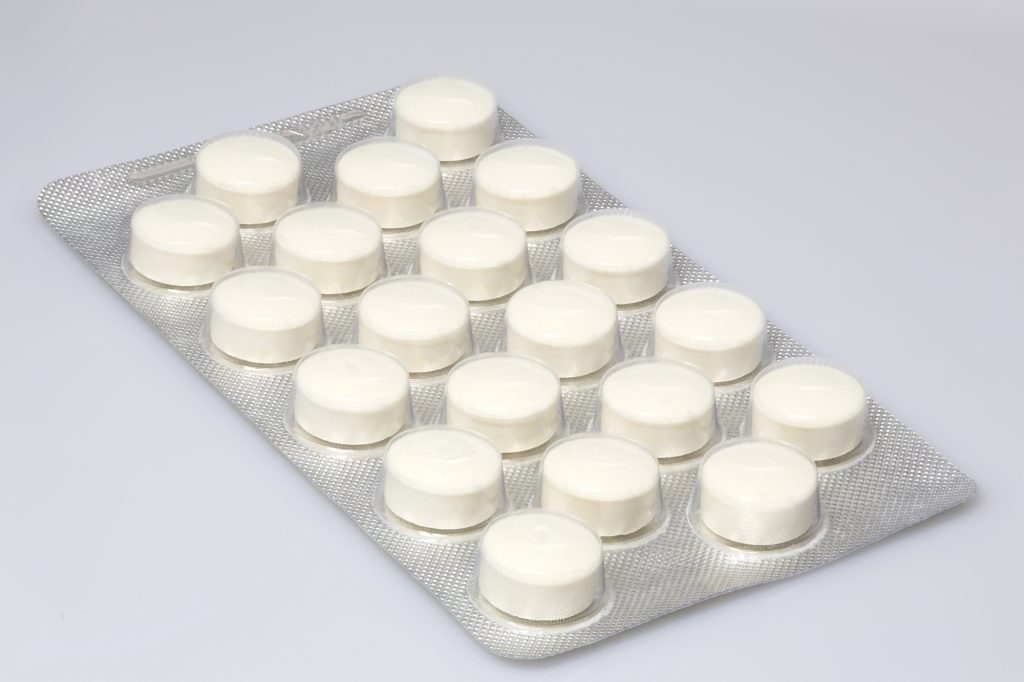
Differences of Vegetable Hard-Shelled vs. Soft-Shelled Capsules
| Vegetable Hard-Shelled Capsules | Vegetable Soft-Shelled Capsules | |
| Structure | Composed of two rigid halves that snap together, forming a sturdy shell. | Made from a single soft and flexible shell that holds liquid or gel substances. |
| Filling Type | Typically filled with powdered or granulated ingredients, such as vitamins or herbal supplements. | Often used to encapsulate oils, gels, or other liquid ingredients. |
| Best for | Ideal for dry supplements and those requiring precise dosage control. | Commonly used for supplements containing essential oils, fish oil, or other fat-soluble substances. |
| Durability | Generally more stable and can withstand various storage conditions. | Softer, more susceptible to damage, and typically requires more careful storage. |
| Dissolution Rate | Harder capsules may take longer to dissolve in the stomach. | Soft-shelled capsules dissolve faster, allowing for quicker absorption of the contents. |
Vegetable Capsule FAQs
Are HPMC Capsules Safe?
Yes, HPMC is a safe and widely accepted material for capsule production, as it is non-toxic and free from allergens.
Are Vegetable Capsules Digestible?
Yes, vegetable capsules are easily digestible and break down efficiently in the stomach.
Are Vegetable Capsules Plastic?
No, they are made from natural plant-derived ingredients, not plastic.
What Are Vegetable Capsule Sizes?
They come in various sizes, commonly from size 0 to size 4, with size 0 being the largest.
Conclusion
Vegetable capsules offer a plant-based, sustainable alternative to traditional gelatin capsules, making them an excellent choice for those following specific dietary needs or simply seeking a cleaner option. With their growing popularity and numerous benefits, Robinson Pharma is leading the way in providing high-quality vegetable capsules. It’s clear that vegetarian softgel manufacturing is here to stay.

